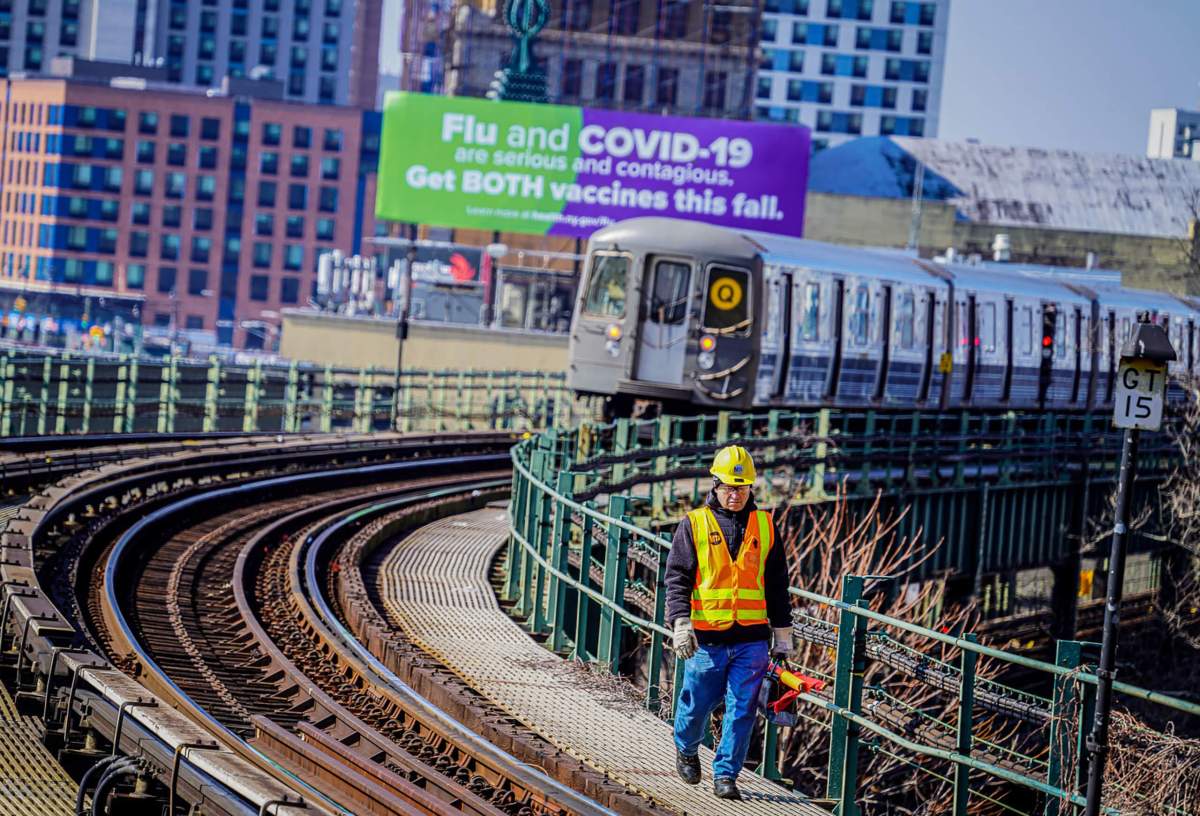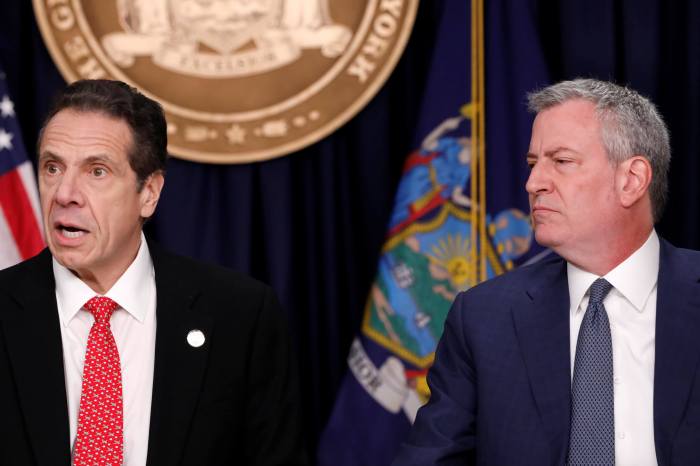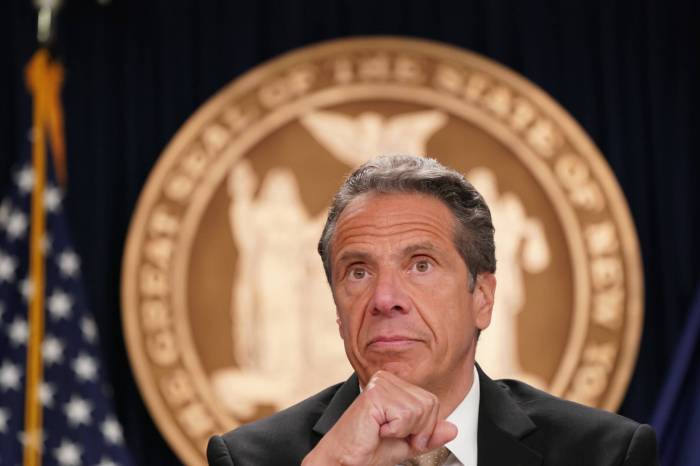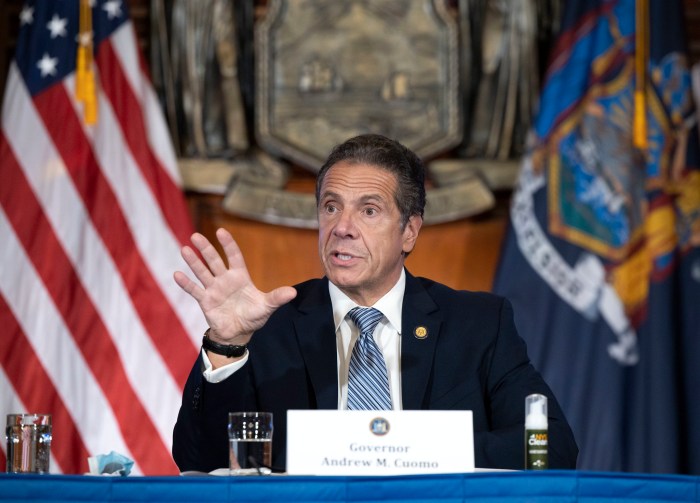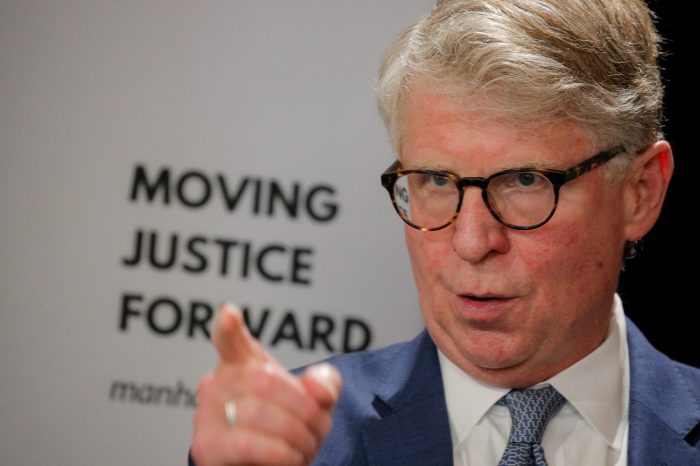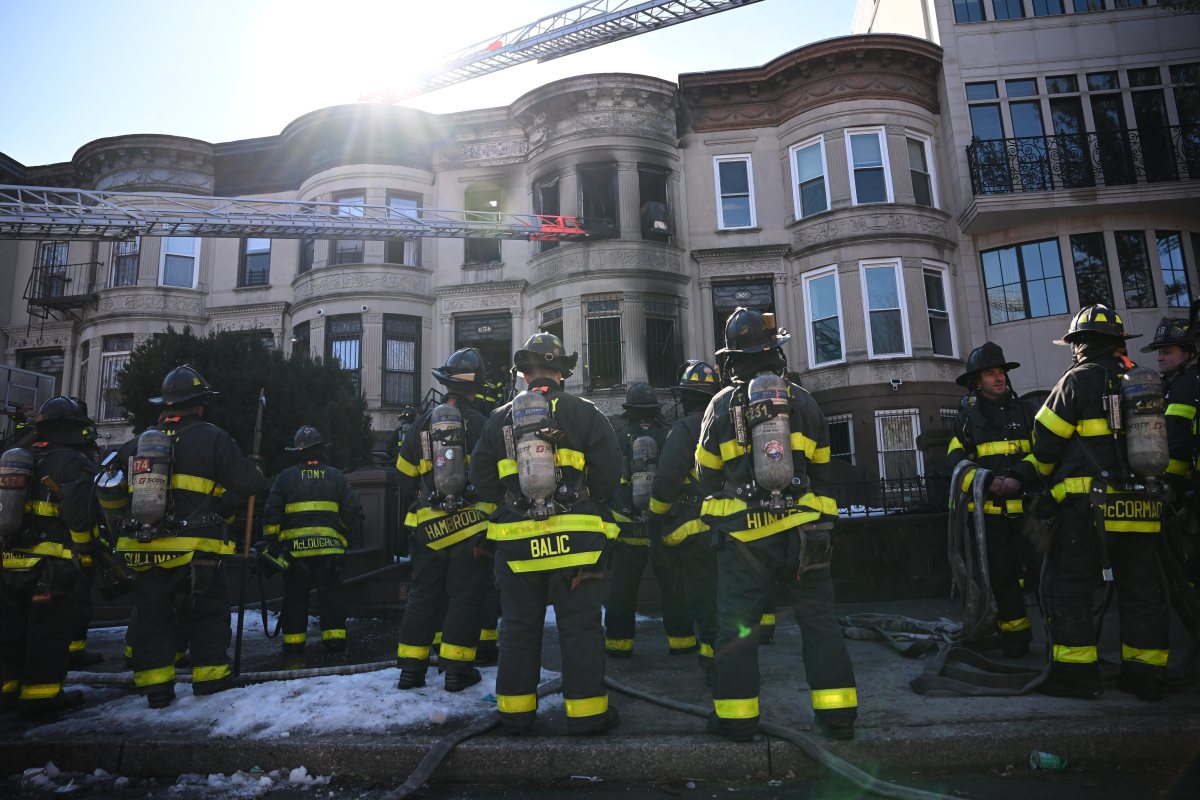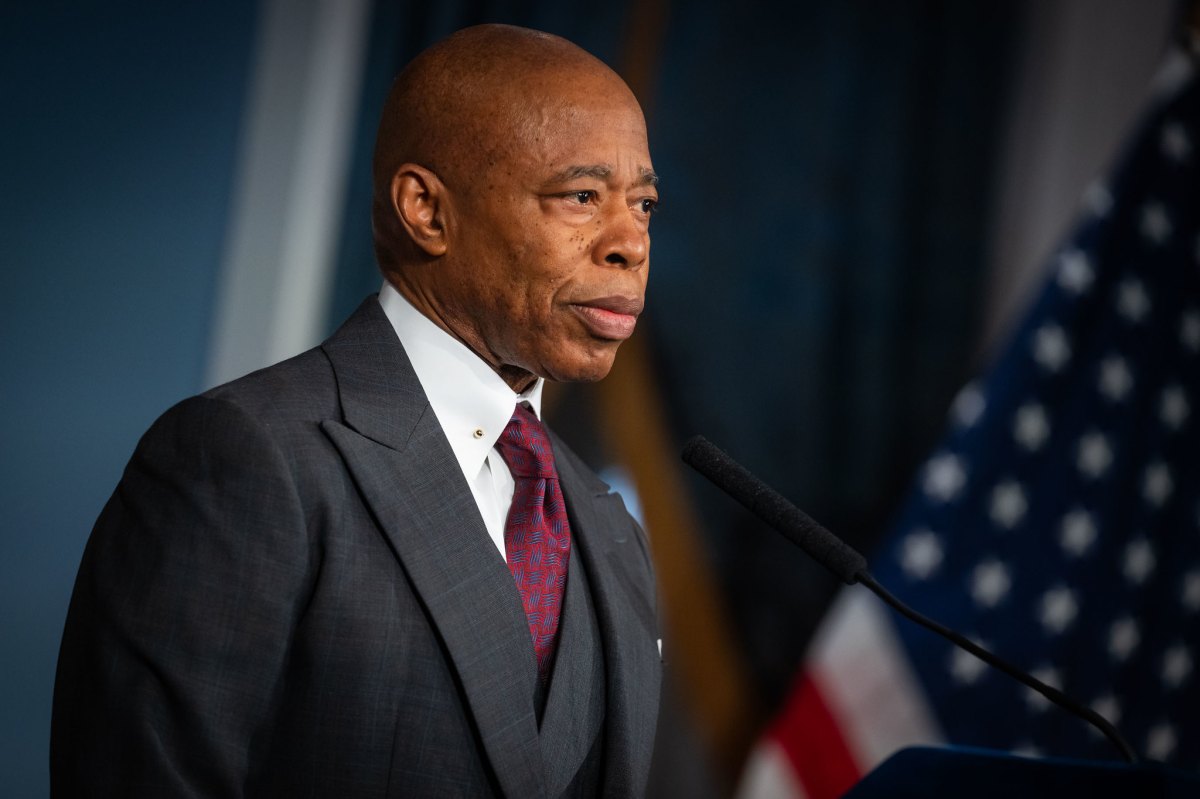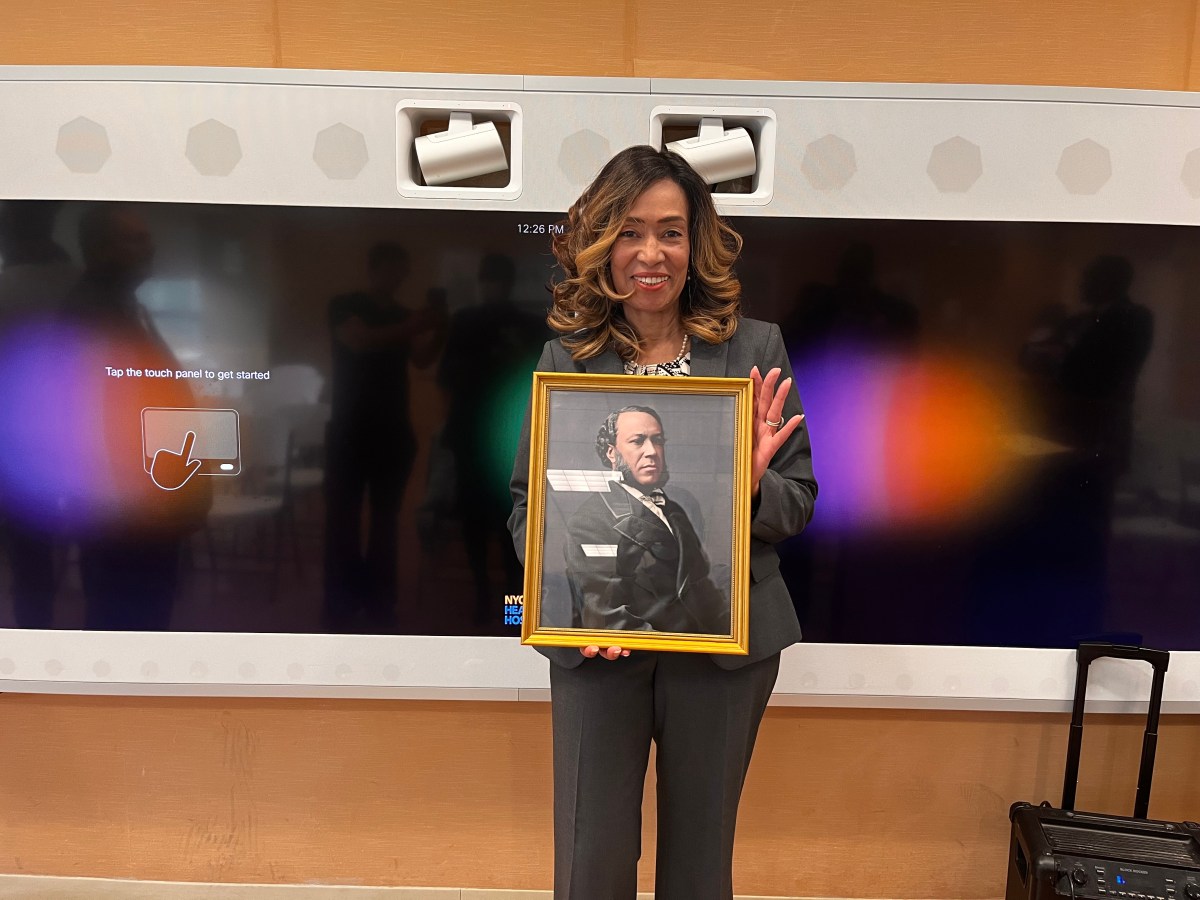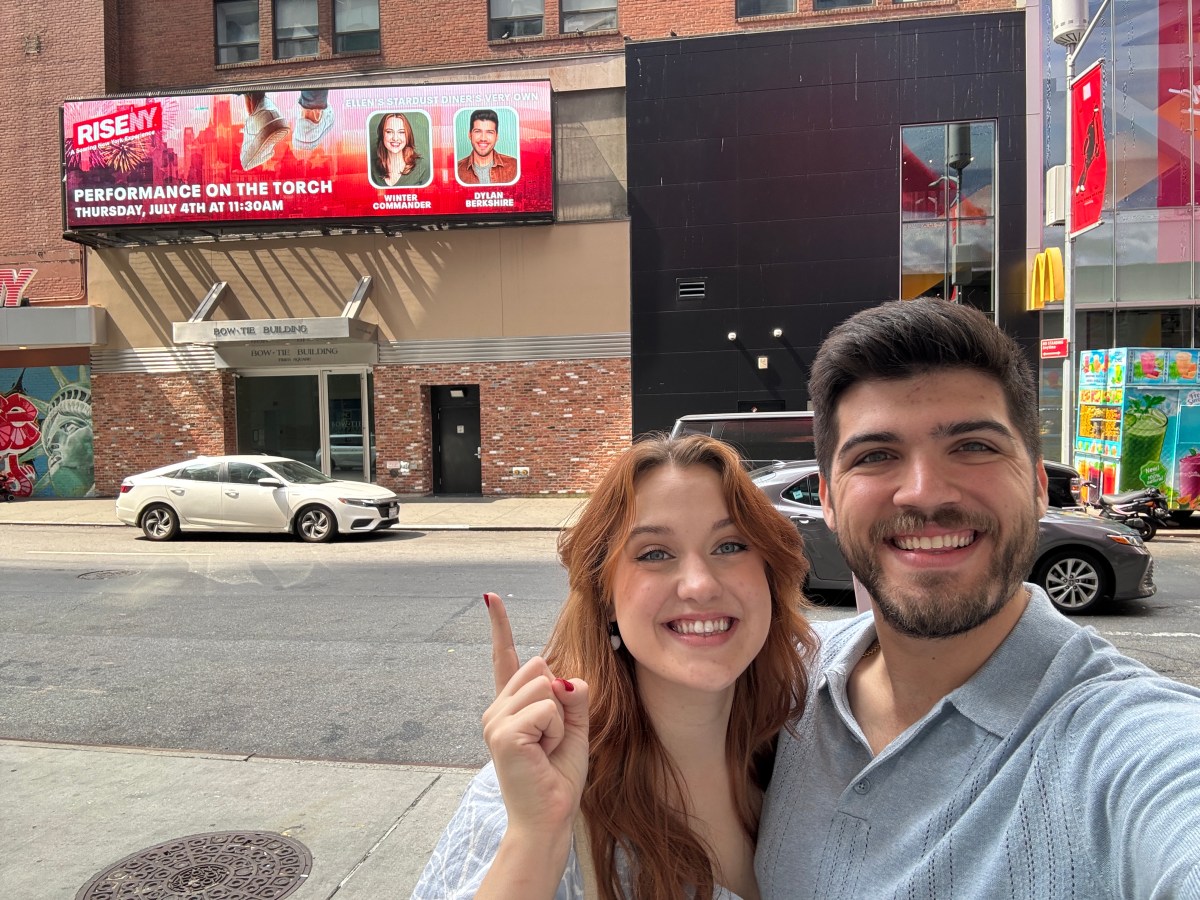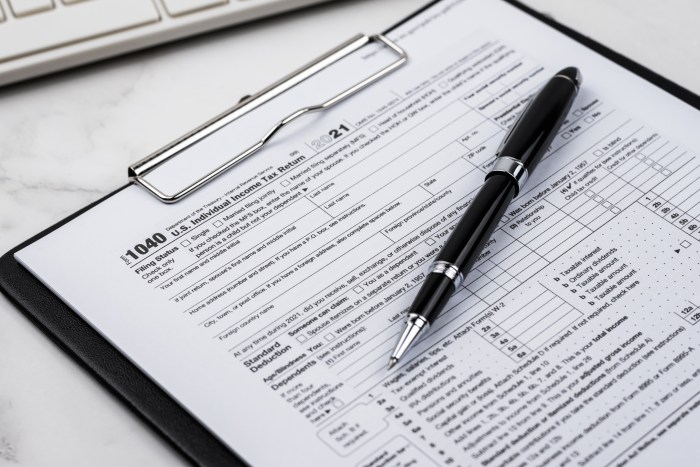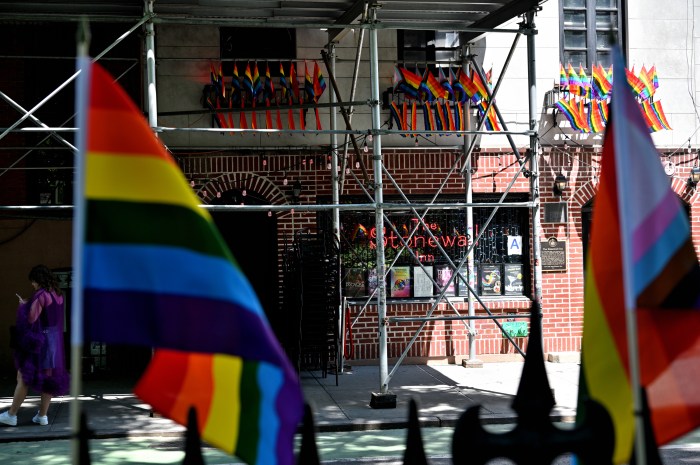Thousands of MTA employees likely failed to complete sexual harassment prevention courses required by state law, a report by the agency’s internal watchdog found.
“Recognizing potentially dangerous or inappropriate workplace situations is how MTA can prevent them from occurring in the first place,” said MTA’s Acting Inspector General Elizabeth Keating in an April 6 statement. “It is critical that MTA workers complete these important, mandated courses.”
Nearly half of Metropolitan Transportation Authority workers in the Subways department didn’t take the state’s Sexual Harassment in the Workplace course in recent years, according to the review released Wednesday by the Office of Inspector General (OIG).
Ex-Governor Andrew Cuomo mandated the annual trainings for public employees in 2018, but one of the former governor’s accusers Charlotte Bennett claimed that one of Cuomo’s staffers completed the training for him in 2019.
Compliance rates at the MTA were particularly bad at the Subways department and the Metro-North Railroad, while the Long Island Rail Road and the Buses divisions were better at getting people to take the course.
The OIG looked at compliance for six non-operational courses the MTA provides, covering issues like sexual harassment, workplace violence, ethics, and worker rights more broadly.
To cut costs, the MTA reduced the annual trainings to just every three years for unionized employees starting in 2018, which transit officials estimated would save $2.8 million in pay and overtime in years when the courses weren’t required.
Non-unionized workers were still supposed to take the workshops every year.
However, the 2018 law required that even unionized MTA workers get at least the sexual harassment prevention course every year, but officials at MTA Headquarters left compliance with that statute at the discretion and oversight of its subsidiary agencies.
It is unclear how many of the MTA’s total roughly 70,000 workforce in 2019 years took the mandated course.
“Overall, it is likely that thousands of MTA employees did not receive training in sexual harassment prevention in 2019 as required by State law,” the report reads. “However, because the numbers are unavailable, we cannot determine the scope of this non-compliance.”
The numbers still dropped over the two measured periods to as low as 43.1% for Metro-North — which still enrolled its unionized workforce for the sexual harassment course — down from 73% in 2017.
At the Subways division, 57.7% of workers took the course in 2017 and 57.9% of non-union employees complied two years later. A meagre 33.4% of non-unionized Subways employees took the violence prevention workshop in 2019.
LIRR got rates of at least 92% for every course for both years, and Buses maintained between 79%-97% compliance.
The agency in charge of the Long Island commuter rail succeeded by setting up more formal agreements with its unions and mailing workers CDs with the training, allowing them to complete them at home.
LIRR workers also get eight hours of straight pay for completing all the courses and, crucially, can’t renew their annual transportation pass that allows them free commutes to and from work if they fail to complete even one of the workshops.
MTA HQ has started centralizing its oversight of the trainings across all agencies, and a spokesman said they are working to increase participation in the trainings.
“As the Inspector General is aware, following an agency-wide reorganization, new procedures are already in development to increase training completion rates from the 2019 figures cited in the report. Those updated procedures are designed to dramatically increase compliance,” said agency spokesperson Michael Cortez in a statement.



